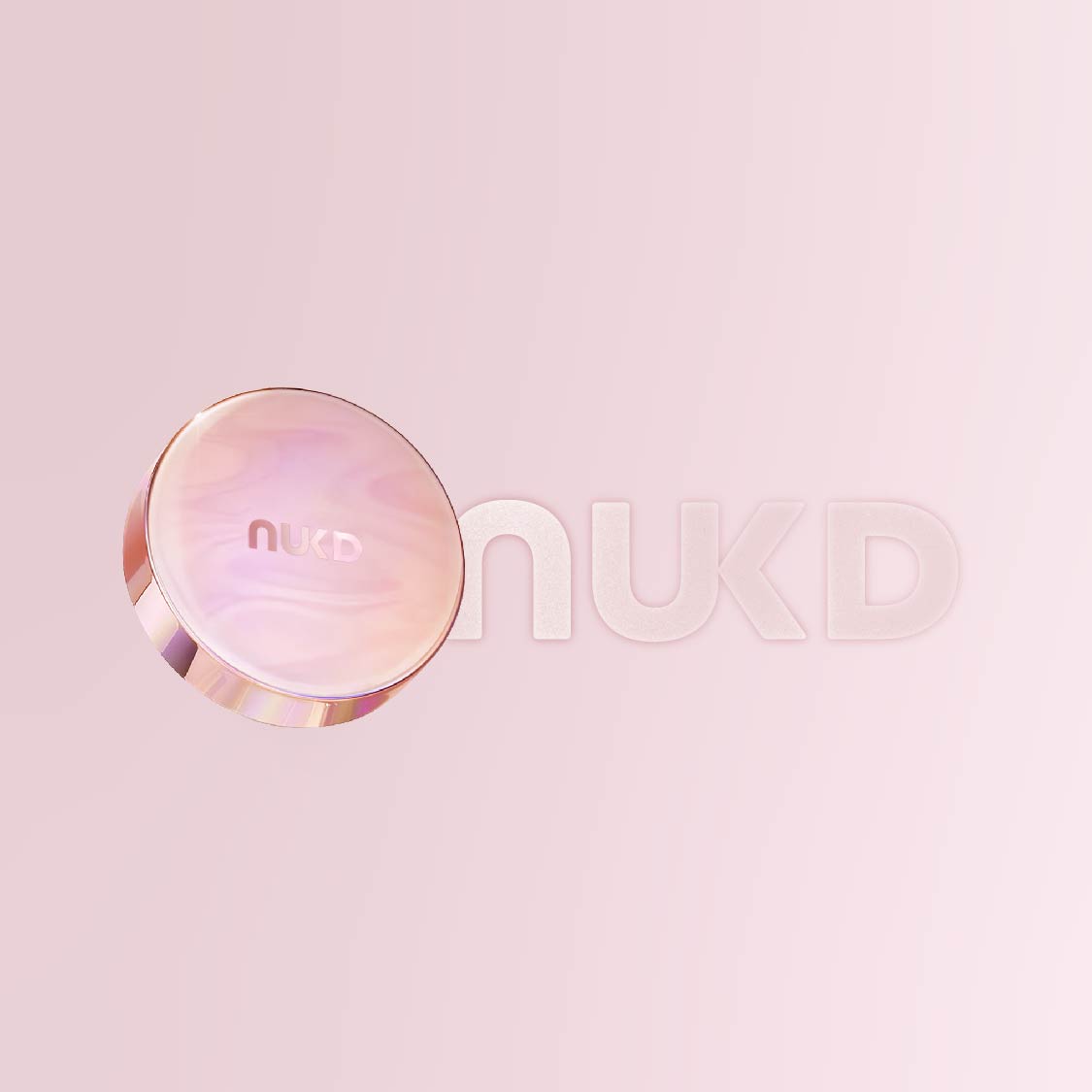When most people think of sunscreen, they imagine hot, sunny days at the beach. However, UV rays don’t take a vacation—they’re present year-round, even on cloudy or cold days. These rays can cause premature aging, sunburn, and even skin cancer over time. Wearing sunscreen daily is one of the simplest ways to protect your skin and maintain its health, no matter the season.
Understanding UV Rays
Types of UV Rays
There are two main types of UV rays to consider:
- UVA Rays: These penetrate deep into the skin, contributing to aging, wrinkles, and dark spots.
- UVB Rays: These cause sunburn and are a major factor in skin cancer.
Both types of rays can damage your skin and are present every day, no matter the weather.
Year-Round Exposure
Many people assume they’re safe from UV rays on cloudy days or in winter, but up to 80% of UV rays can penetrate clouds. Activities like skiing, swimming, or lounging near reflective surfaces such as snow, sand, or water can amplify your exposure.
Health Risks of UV Exposure
Skin Cancer
Prolonged UV exposure is the leading cause of skin cancer, including:
- Melanoma (the deadliest form)
- Basal cell carcinoma
- Squamous cell carcinoma
Using sunscreen regularly reduces the risk of these cancers significantly.
Premature Aging
Photoaging, caused by UVA rays, results in wrinkles, fine lines, and uneven skin tone. Daily sunscreen use helps maintain youthful, radiant skin.
Sunburn and Skin Damage
Sunburn isn’t just painful—it’s a sign of skin damage that can increase your risk of long-term complications.
Choosing the Right Sunscreen
SPF and Broad-Spectrum Protection
Always choose a sunscreen labeled as "broad-spectrum" to guard against both UVA and UVB rays. For daily use, SPF 30 is recommended, while SPF 50+ is ideal for extended outdoor activities.
Types of Sunscreen
- Mineral Sunscreens: These reflect UV rays and are gentle on sensitive skin.
- Chemical Sunscreens: These absorb UV rays and often have a lighter feel.
Both types are effective, so select one that suits your skin type and lifestyle.
Water and Sweat Resistance
For outdoor activities, opt for water- and sweat-resistant formulas to ensure consistent protection.
Tips for Applying Sunscreen Correctly
Apply Generously
For full protection, use about a shot glass worth of sunscreen for your body. Most people apply too little, reducing its effectiveness.
Reapply Often
Reapply sunscreen every two hours, especially after swimming or sweating, to maintain adequate protection.
Cover All Exposed Skin
Don’t forget areas like your ears, neck, hands, and feet. These are often overlooked but equally vulnerable to UV damage.
Common Myths About Sunscreen
“I Don’t Need Sunscreen on Cloudy Days”
Wrong! Up to 80% of UV rays can penetrate clouds, so sunscreen is essential every day.
“My Dark Skin Doesn’t Need Protection”
Darker skin tones are less prone to sunburn but still susceptible to UV damage and skin cancer. Sunscreen is crucial for everyone.
“Makeup with SPF is Enough”
Makeup with SPF isn’t applied in sufficient quantities for full protection. Always layer sunscreen underneath.


